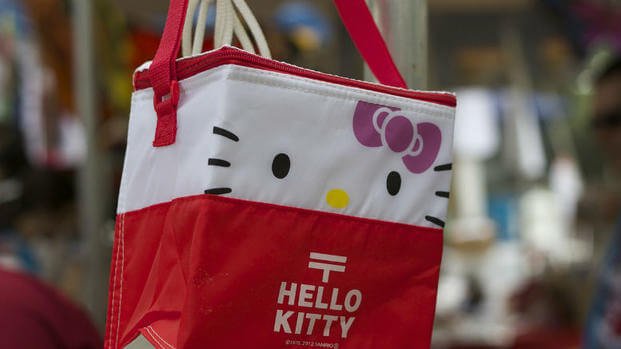Lots of financial advice focuses on cutting back - coffee drinks, meals out, new shoes. Deprivation is no fun! What if we flipped that and focused on adding good habits? This strategy works for all sorts of changes, like weight loss, so why not personal finance?
I spent today brainstorming positive financial habits. Some of them we've talked about before, and I doubt any of them are original. I bet that y'all have even better ideas that I do.
General Finance Stuff
- Have a financial goal. Better yet, have several. Right now, I have four major financial goals: finish this house remodel without being broke, pay credit cards in full every month, build up a "leaving the military" savings account, and continue to increase my income.
- Open bills as soon as they arrive, and pay them on time. These two are intertwined - you can't pay bills on time if you don't know their due dates. This applies to bills that you get through the internet as well as paper bills.
- Check your credit reports on a regular schedule.
Spending
- Always shop for coupon codes before purchasing anything online.
- Review your regular monthly bills at least once a year to see if you can find better deals. This includes internet, cable television, cell phone bills, insurances, and anything else you pay regularly.
- Spend some time doing recreational shopping - at a thrift store or consignment shop! Getting to know the type of items that are available at these stores is the first hurdle in shopping second-hand. And if you get carried away and buy something spontaneously, you're only spending a few dollars.
Food
- Plan your dinners. For many families, dinners are a budget-breaker. Either there is no plan, so they go out to eat or get some sort of takeout, or they end up in the grocery store right before dinner, with a cart of stuff they don't really need. Having a dinner plan almost always results in more dinners eaten at home, which nearly always saves money. Even expensive ingredients are usually cheaper than eating out.
- Plan your lunches. This is a hard one for me. I don't have a lunch plan, and then I'll be out running errands, and next thing I know I'm spending $10 at Five Guys. Lunch planning is different from dinner planning because lunch is a solo activity for most folks, and lunch is often eaten away from home. My new plan: make a list of lunch foods and snacks, and pack a lunch box every day. Even if I only eat a snack or two, I will save a lot of money. Now to find my lunch box...
- Plan your breakfasts. While I know it sounds silly to break these three meals into three different categories, I have good reasons. There are a couple of things that are different about breakfast. First, it is a meal where people are often happy to eat the same thing, or the same few things, every day. If you have the self-discipline to eat the same thing every day, awesome! If not, try to pick out a handful of simple breakfasts and be sure that you always have them on hand. Obviously, breakfasts made from ingredients are better for your body and your bank account, but even prepared foods from the grocery store are better than a $4 muffin or whatever you can grab at the gas station. If your family tends to grab-and-go breakfast, make sure you have stuff that is portable.
This is clearly a short list to get you thinking. Every situation is different, so every solution is different. What positive financial habits could you adopt?









